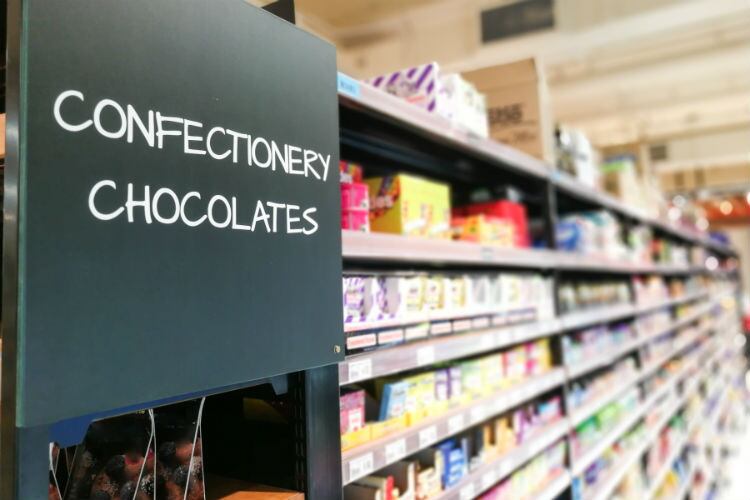And, in a worrying development for the UK confectionery industry, sugar levels in chocolate and sweets are relatively unchanged, while product sales have increased, growing 16% and 7% respectively between 2015 and 2019, which has led to a substantial increase in the volume of sugar in the category, said the government body.
Sugar reduction programme
PHE launched its flagship sugar reduction programme in 2016 with a mission to help reduce childhood obesity levels by introducing a voluntary target for the food industry to remove 20% of sugar by 2020.
Jack Winkler, Emeritus Professor of Nutrition Policy at London Metropolitan University, told ConfectioneryNews: "Of all the laggard sectors in the sugar reduction programme, the most important is chocolate. Not just because it is a major source of the excess sugar in the British diet, not just because technical solutions for producing no/low products have been available for decades, but because sugarfree variants have proved commercially successful in Spain and Germany. Why not in the UK?"
Taxation
Latest data, gathered before the coronavirus outbreak, suggests that target is unattainable, which could lead to a ‘big stick’ approach such by the government including taxation – particularly after it has committed to tackling obesity following Boris Johnson’s encounter with Covid-19, which he believes was exacerbated by being overweight.
Jo Churchill, Public Health Minister, said: “COVID-19 has highlighted obesity and how important it is to tackle it. Our recent announcement of the obesity strategy includes world-leading measures, such as a TV watershed for advertising food and drinks high in fat, salt and sugar, and consulting on how we can introduce a ban online. If more action is needed to support individuals to lead a healthy life, we will go further to help them.”
Action on Sugar
Graham MacGregor, Chairman of Action on Sugar and Professor of Cardiovascular Medicine, Queen Mary University of London, said the government cannot ignore that the situation fuelling the “UK’s other pandemics”. Obesity, Type 2 Diabetes and tooth decay are all linked to high sugar intakes that the food industry is largely responsible for.
"Apart from the sugary drinks levy, it’s abundantly clear that the government’s voluntary sugar reduction programme is simply not working, after reporting a dismal 0.1% reduction in sugar between 2018 and 2019,” he said.
"Food and drink companies that want to do the right thing are crying out for a level playing field, which can only be achieved by setting mandatory targets for calorie and sugar reduction. The soft drinks levy has shown that this approach is both best for business, and best for everyone’s health, including people from more disadvantaged groups."
Scrapped
PHE is due to be scrapped in the new year and MacGregor told ConfectioneryNews “it’s imperative that whichever organisation takes over from Public Health England, they implement comprehensive and compulsory reformulation targets across the whole of the food and drink industry to gradually reduce the amount of sugar and excess calories in food and drink."



